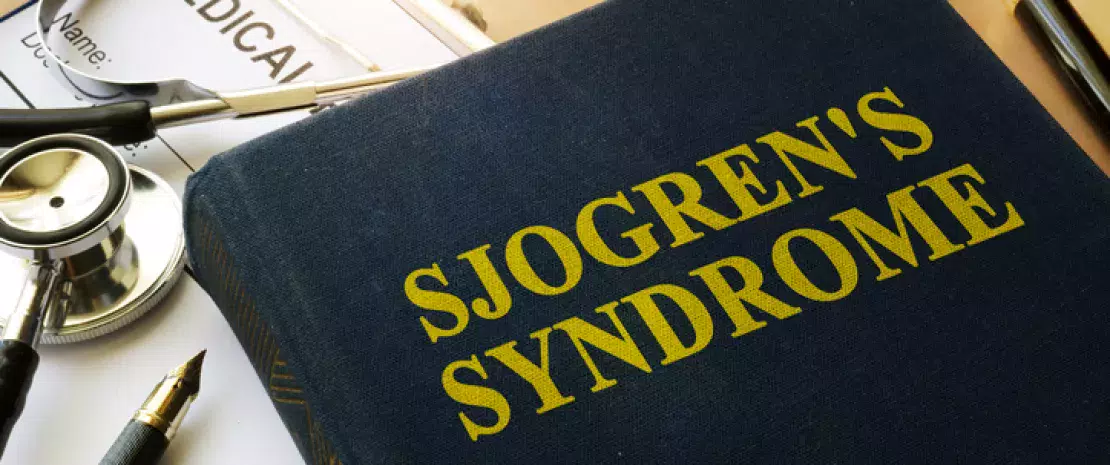Is Sjögren syndrome caused by an oral dysbiosis?
A dysbiosis of the oral microbiota may be involved in the pathogenesis of Sjögren syndrome, particularly in the phenotypic change in epithelial cells of the salivary glands and in the inflammation of the glands themselves.
Lay public section
Find here your dedicated section
Sources
This article is based on scientific information

About this article
Sjӧgren syndrome (SS) is an autoimmune epithelitis characterized by dry mouth and dry eyes. The epithelial cells in the salivary glands act both as agents and targets by transforming into cells capable of activating the immune system (T cells, dendritic cells, then B cells) and synthesizing chemokines that cause lymphocytic infiltration. The inflammation of the salivary glands associated with these infiltrates is one of the diagnostic criteria for SS. However, it is not yet known what causes the disease. Among the suspects is a dysbiosis of the oral microbiota, already implicated in several autoimmune diseases (systemic lupus, Crohn’s disease, rheumatoid arthritis). The study described below sought to characterize the oral microbiota of patients with SS and to identify whether it had any role in the onset of the disease.
Dysbiosis of the oral microbiota
Oral bacterial communities were sampled via full mouth washing in 25 patients with a primary form of SS (17 with dry mouth and 8 without) and in 25 control subjects (11 with dry mouth and 14 without). These subgroups were selected in order to characterize the changes in the oral microbiota associated with SS, while controlling for the effects of dry mouth. Compared to that of control subjects, the oral microbiota of the SS patients had a higher bacterial load and, in correlation, was more diverse, with bacterial diversity even more pronounced in those not suffering from dry mouth.
The role of Prevotella melaninogenica
In order to assess whether bacterial species associated with the syndrome act as pathogens, the researchers tested in vitro three of the oral bacteria species that signal dysbiosis in SS patients, selecting those that express porins (proteins that allow membrane exchanges). Of these species, P. melaninogenica is able to induce functional (secretion of interferon λ by tumor cells, causing inflammation) and phenotypic (presentation of antigens) changes in the epithelial cells of the salivary glands. The question remained as to whether this bacterium could reach the salivary glands, and this was confirmed by a series of biopsies revealing its presence in salivary ductal cells and infiltration areas. This is thought to result from a rupture of the epithelial barrier due to inflammation and/or fibrosis. In this first scenario, the bacterial infection aggravates the inflammation and the deregulation already underway within the epithelial cells of the salivary glands. However, since the bacterium is also present in non-inflamed areas, another scenario is also possible, in which bacterial infection precedes lymphocyte infiltration. In short, a dysbiosis of the oral microbiota may initiate deregulation of the epithelial cells in the salivary glands. This would lead to a bacterial invasion of the ductal cells able to fuel the inflammation by itself.






